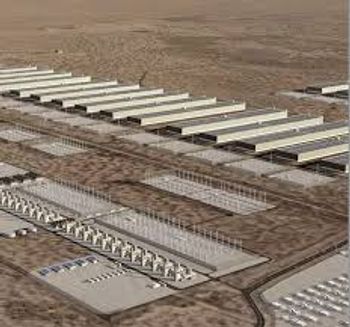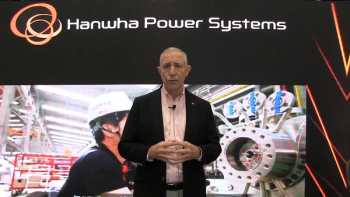
Atkins appointed as engineering solutions provider for Teesside NET power plant
Atkins will support Whitetail as the Owner’s Engineer through the design phases to financial close. Atkins will also provide an on-site presence to monitor, supervise and manage the construction and commissioning phase.
Whitetail Clean Energy has appointed global civil engineering firm Atkins to support the development and implementation of its proposed 300 MW NET Power station at Wilton International, Teesside.
Atkins, a member of the SNC-Lavalin Group, will work with Whitetail project proposers; US clean energy innovation firm 8 Rivers Capital, acting through its UK affiliate, Zero Degrees Whitetail Development Ltd., and Sembcorp Energy UK (SEUK), along with NET Power, LLC, to develop the UK’s first Net Zero emissions power station at the Wilton International site on Teesside.
The proposed 300MW NET Power plant will capture and store its carbon emissions in secure geological formations deep under the North Sea and the appointment will progress Whitetail to be operational as soon as 2025.
For the contract, Atkins will support Whitetail as the Owner’s Engineer through the design phases to financial close. Atkins will also provide an on-site presence to monitor, supervise and manage the construction and commissioning phase.
Whitetail is expected to utilize the NET Power technology, which combusts natural gas with oxygen, rather than air, and uses supercritical CO2 as a working fluid to drive a turbine instead of steam. As a result, near all air emissions, including traditional pollutants and CO2, are eliminated and pipeline-quality CO2 is produced so that it can be captured and stored offshore.
The proposed location at Sembcorp Energy UK’s site at Wilton International already offers convenient port and pipeline access, meaning that all Whitetail’s captured CO2 can be easily transported to UK sequestration sites. 8 Rivers Capital completed a Pre-FEED study for UK deployments of the NET Power technology earlier this year with funding from the UK Government’s Department for Business, Energy & Industrial Strategy.
Newsletter
Power your knowledge with the latest in turbine technology, engineering advances, and energy solutions—subscribe to Turbomachinery International today.




